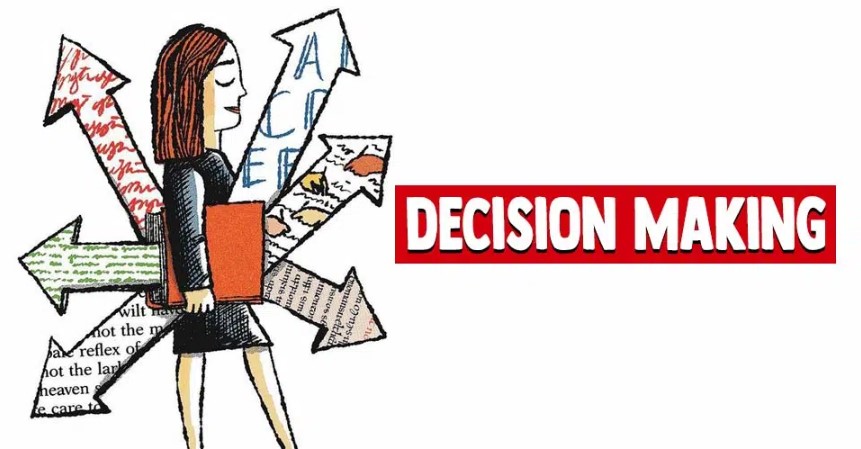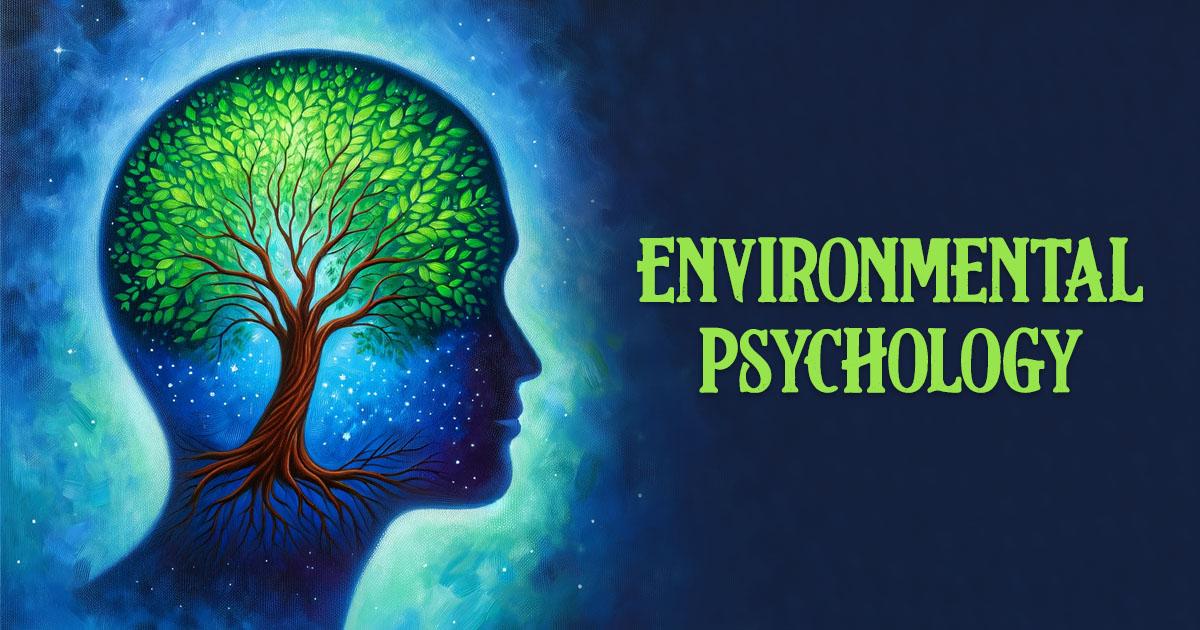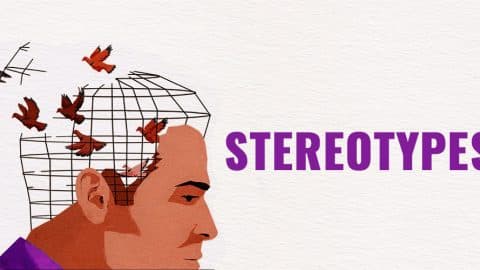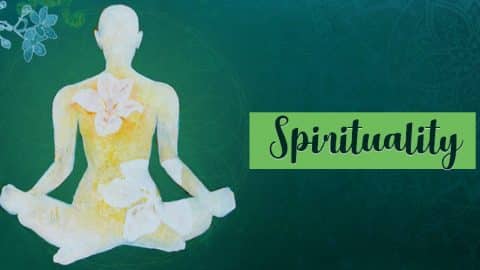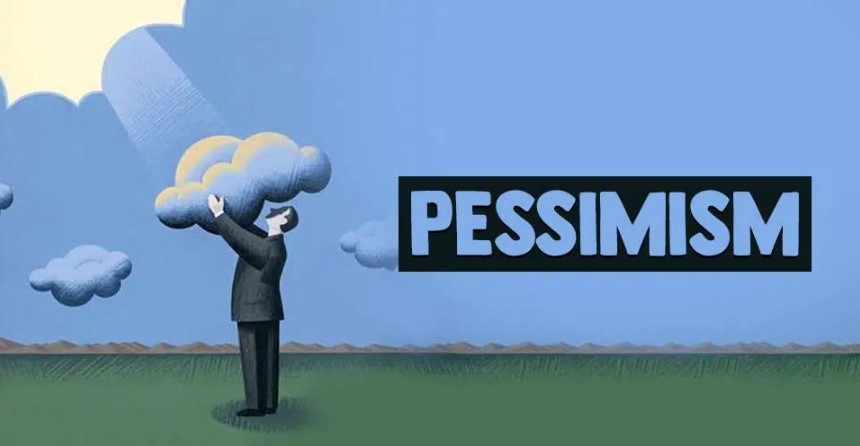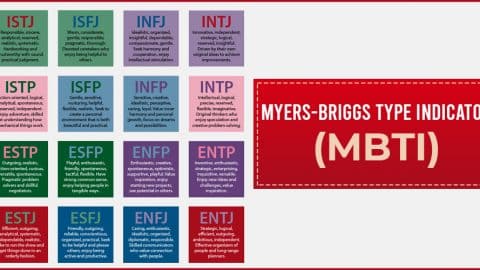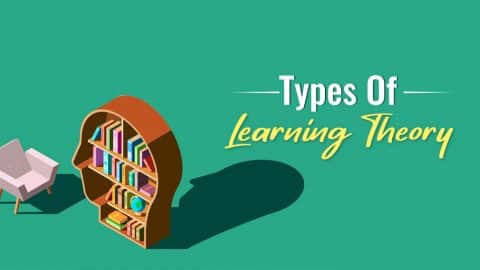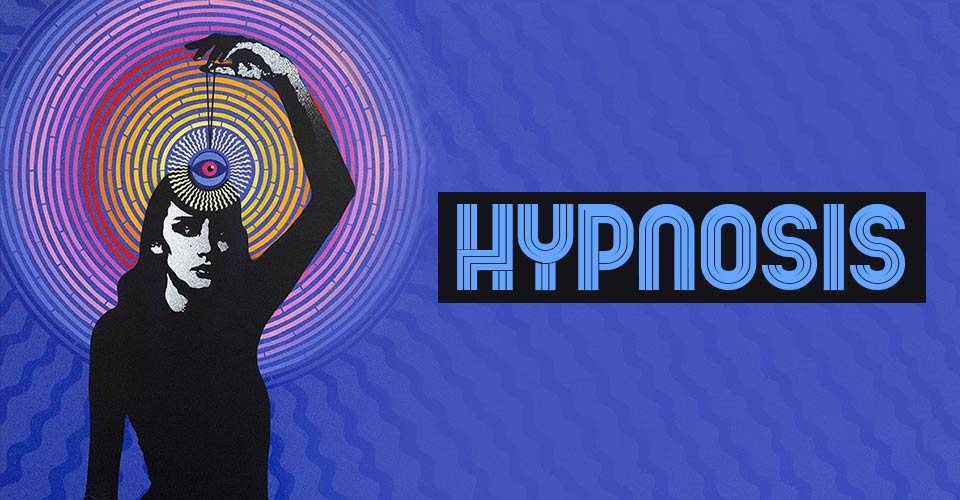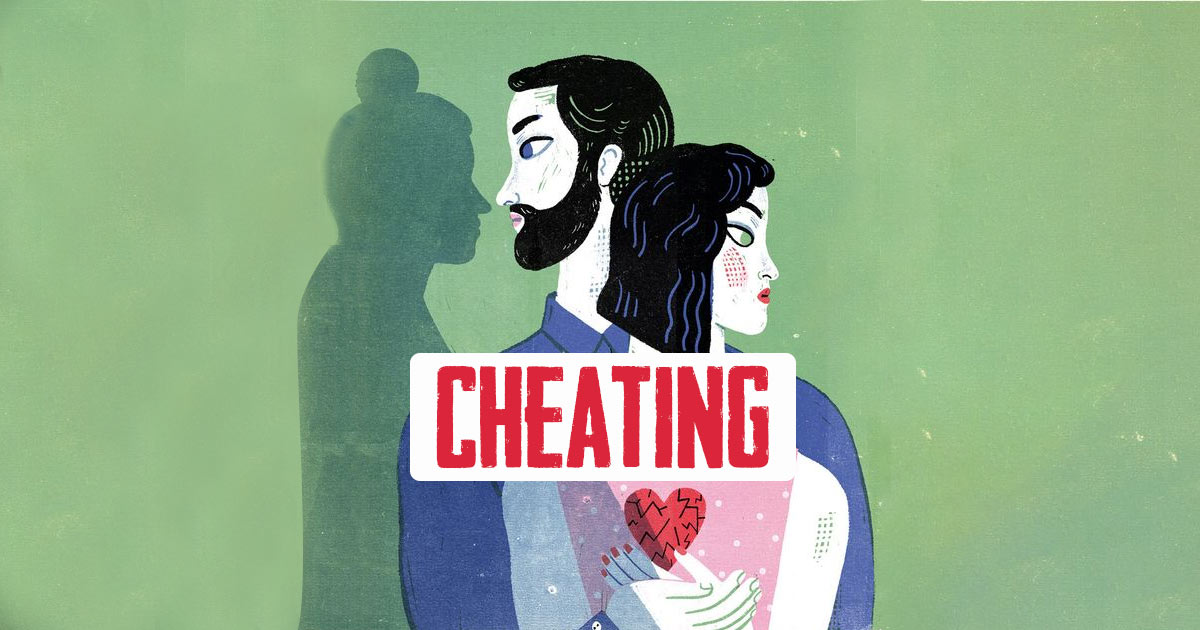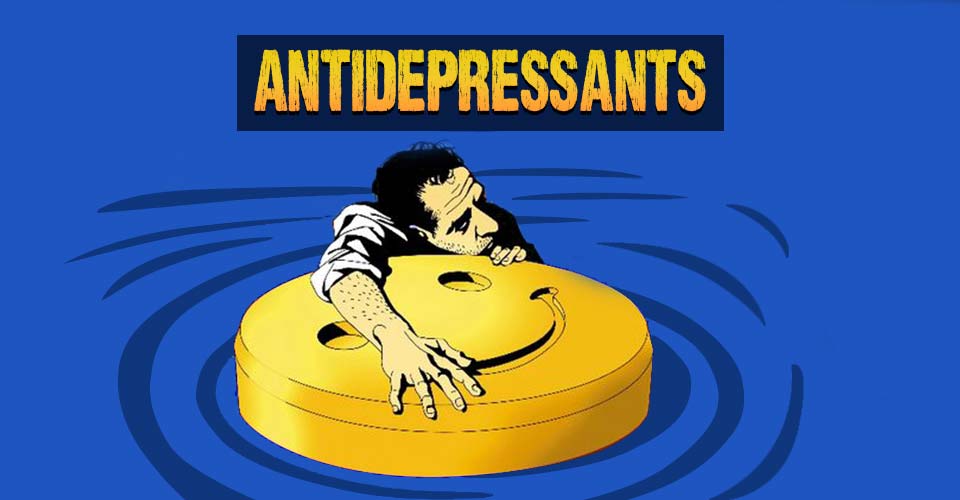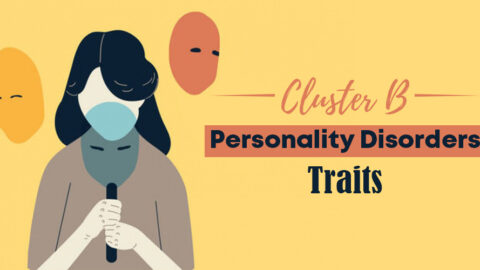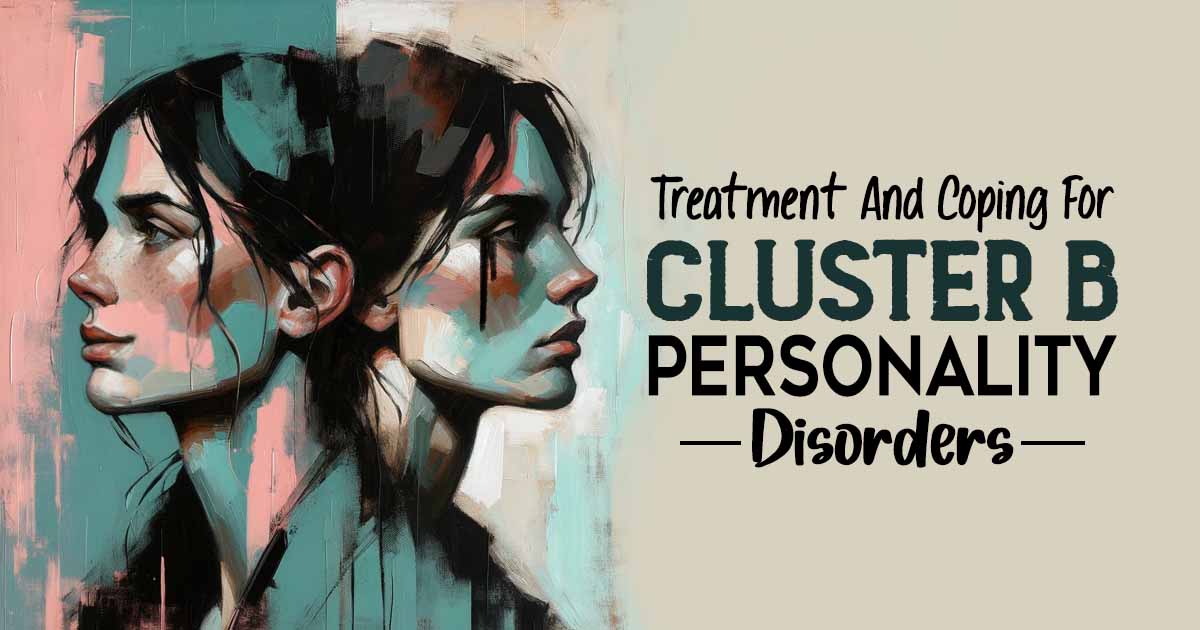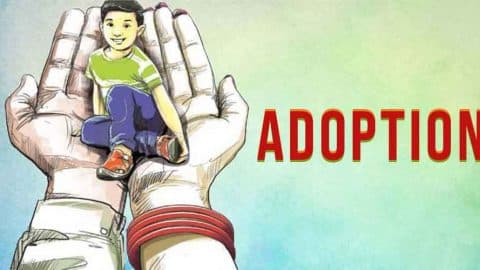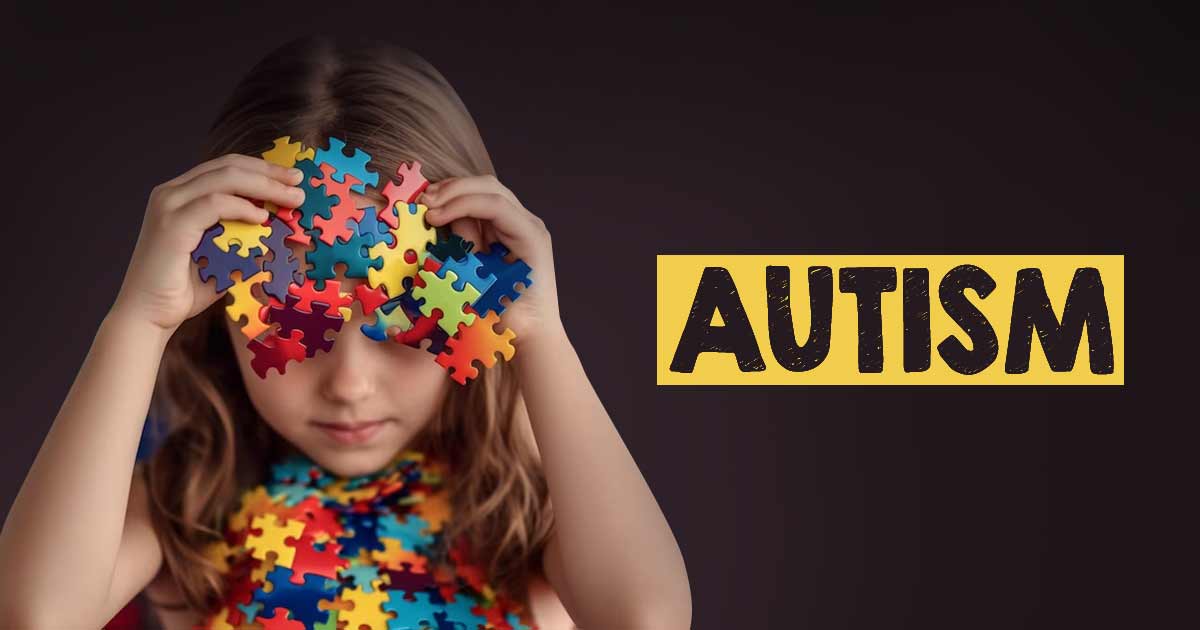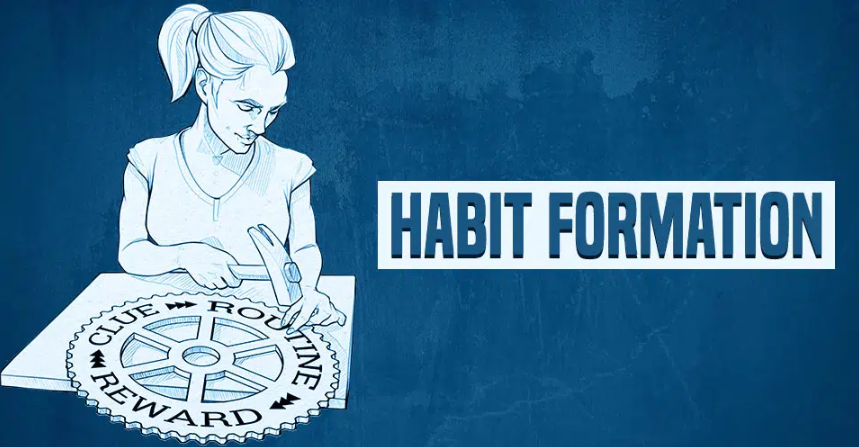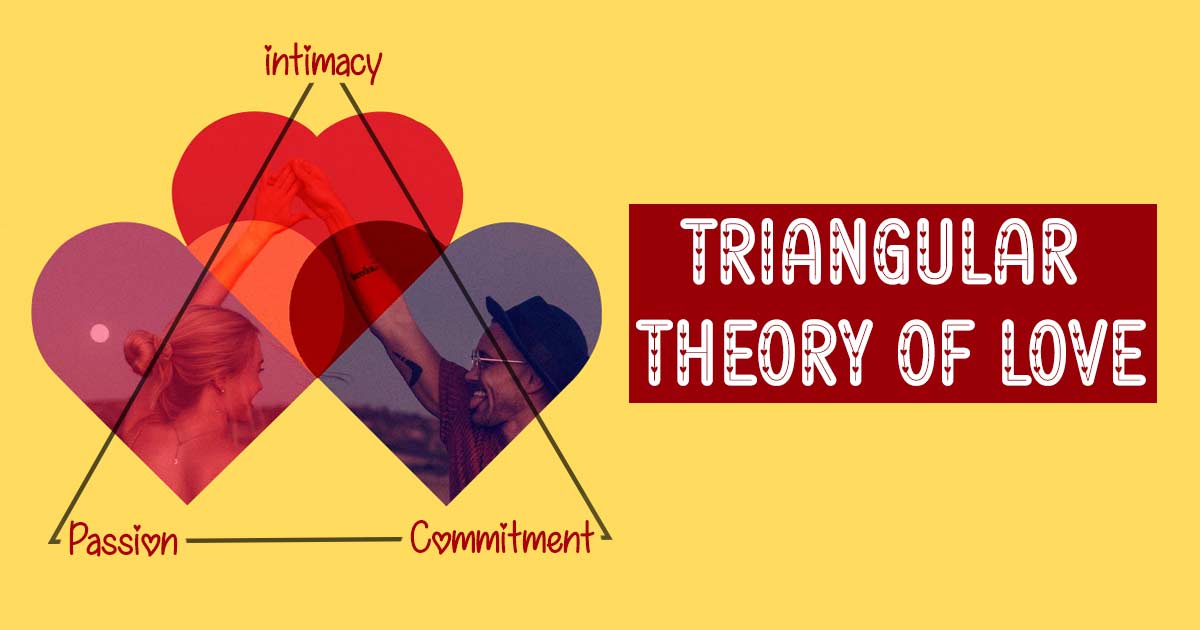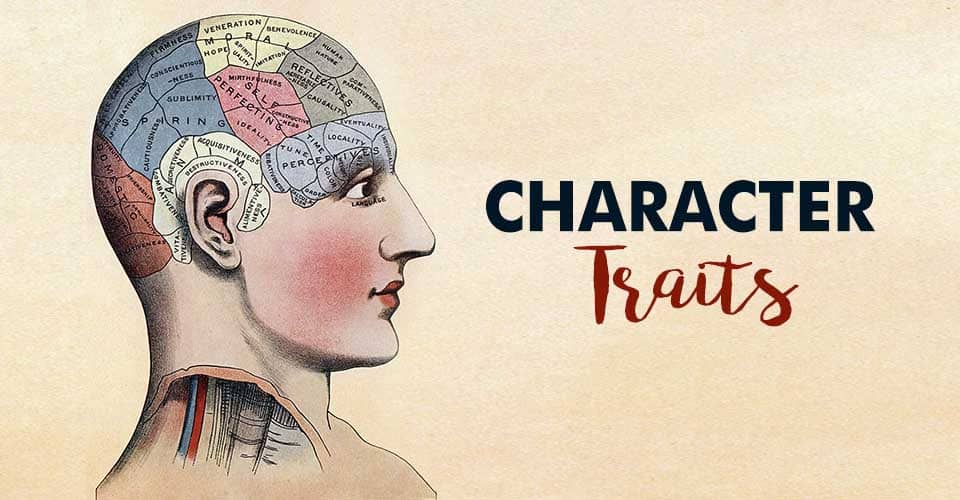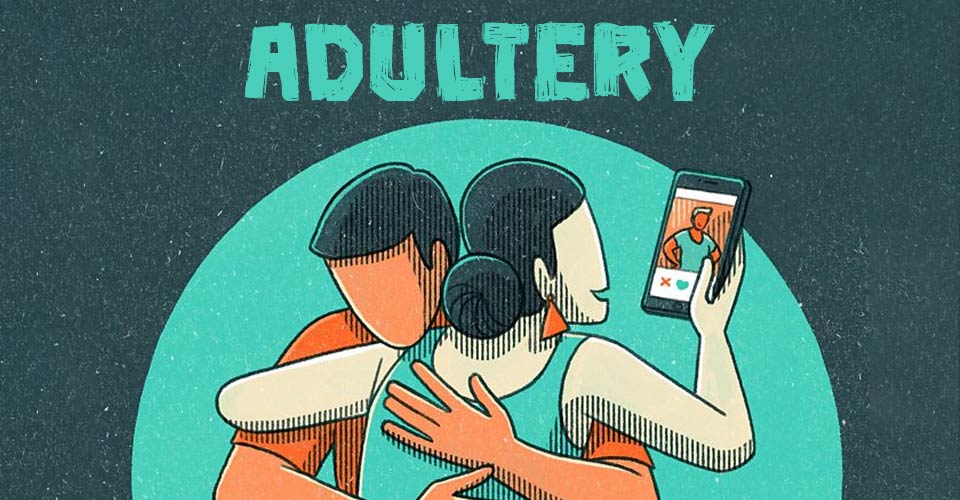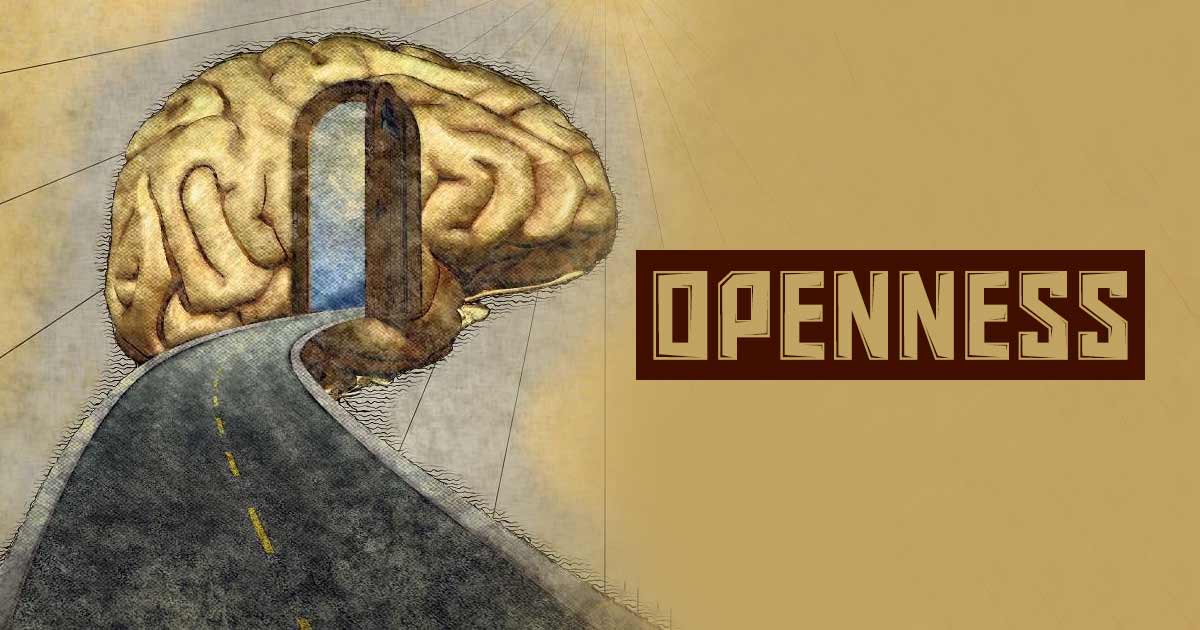Decision-making is a fundamental aspect of daily life, influenced by various factors including mental health. Mental health conditions such as anxiety, depression, or impulsivity can significantly impact decision-making processes, leading to altered perceptions, biases, and potentially risky choices.
What Is Decision-making?
Decision-making is the cognitive process through which individuals select a course of action among several alternatives 1 Hicks Patrick, J., Steele, J. C., & Spencer, S. M. (2013). Decision making processes and outcomes. Journal of aging research, 2013, 367208. https://doi.org/10.1155/2013/367208 . It involves evaluating information, weighing various options, and ultimately making a choice that best aligns with one’s goals, preferences, and values.
Decision-making is a fundamental aspect of human cognition, occurring in both conscious and unconscious levels 2 Elwyn, G., Price, A., Franco, J. V. A., & Gulbrandsen, P. (2023). The limits of shared decision making. BMJ evidence-based medicine, 28(4), 218–221. https://doi.org/10.1136/bmjebm-2022-112089 , influencing behaviors ranging from mundane daily activities to significant life-changing decisions. Whether it’s choosing what to eat for breakfast, determining which route to take to work, or making complex financial investments, decision-making permeates virtually every aspect of daily life.
What Influences Decision-making?
The symptoms of good or poor decision-making are often influenced by several factors 3 Ricou, M., & Marina, S. (2020). Decision Making and Ethical Reasoning in Psychology. Psychology in Russia: State of Art, 13(1), 2–10. https://doi.org/10.11621/pir.2020.0101 :
- Cognitive biases: An individual’s mental set that affects decision-making by skewing judgment.
- Emotions: Feelings that influence choices by coloring perceptions and preferences.
- Personal values: Core beliefs guiding decisions toward options that align with individual principles.
- Available information: Data accessible to influence decision evaluation and selection.
- Past experiences: Previous encounters shaping current decision-making patterns.
- Risk perception: Assessment of potential outcomes’ likelihood and impact on decisions.
- Time constraints: Limits on decision-making duration impacting depth of analysis.
- Social-cultural pressures: Shared societal beliefs and norms influencing decision-making behaviors.
Spotting Good Decision-Making: Symptoms
Research 4 Ricou, M., & Marina, S. (2020). Decision Making and Ethical Reasoning in Psychology. Psychology in Russia: State of Art, 13(1), 2–10. https://doi.org/10.11621/pir.2020.0101 claims that good decision-making:
- Considers diverse perspectives.
- Weighs potential outcomes and risks.
- Incorporates relevant information.
- Adapts to changing circumstances.
- Reflects on past experiences.
- Aligns with personal values.
- Acknowledges and manages emotions.
- Shows flexibility and openness.
- Demonstrates critical thinking skills.
- Leads to positive outcomes and growth.
Symptoms Of Poor Decision-making
As opposed to good decision-making, the symptoms of poor decision-making entail 5 Hicks Patrick, J., Steele, J. C., & Spencer, S. M. (2013). Decision making processes and outcomes. Journal of aging research, 2013, 367208. https://doi.org/10.1155/2013/367208 :
- Ignorance of relevant information
- Failure to consider consequences
- A rigid adherence to initial plans
- Constant negative outcomes
- Emotion- or bias-driven
- Disregarded feedback or alternative viewpoints
- Impulsivity or recklessness
- Inconsistency or indecisiveness
- Repetition of past mistakes
- Conflict or dissatisfaction
Causes Of Poor Decision-making
The common 6 Turner, S., D’Lima, D., Hudson, E., Morris, S., Sheringham, J., Swart, N., & Fulop, N. J. (2017). Evidence use in decision-making on introducing innovations: a systematic scoping review with stakeholder feedback. Implementation Science, 12(1). https://doi.org/10.1186/s13012-017-0669-6 causes of poor decision-making include:
- Cognitive biases can lead to poor decision-making by skewing our perception and judgment.
- Emotional influences may cloud rational thinking, causing decisions based on feelings rather than logic.
- Lack of relevant information can hinder the ability to make informed choices.
- Pressure from social or environmental factors can push individuals to make decisions that may not align with their best interests.
- Impaired judgment due to fatigue or stress can result in suboptimal decision-making.
- Overconfidence or under-confidence can lead to decisions that are not well-considered.
- Limited consideration of consequences may result in decisions made without fully understanding the potential outcomes.
- Inadequate problem-solving skills can contribute to making decisions that are not well thought out.
- Failure to learn from past mistakes can lead to repeated poor decisions.
- External distractions or disruptions can interfere with the decision-making process, leading to less effective choices.
Read More About Cognitive Bias Here
How Does Mental Health Affect Decision-making?
Effective decision-making cultivates feelings of empowerment and accomplishment 7 Yamauchi, Y., Shiga, T., Shikino, K., Uechi, T., Koyama, Y., Shimozawa, N., Hiraoka, E., Funakoshi, H., Mizobe, M., Imaizumi, T., & Ikusaka, M. (2019). Influence of psychiatric or social backgrounds on clinical decision making: a randomized, controlled multi-centre study. BMC medical education, 19(1), 461. https://doi.org/10.1186/s12909-019-1897-z , bolstering individuals’ sense of control and self-confidence. By aligning choices with personal values and goals, decision-making fosters authenticity and enhances overall well-being. Moreover, the development of problem-solving skills through decision-making promotes resilience and adaptability, reducing stress associated with uncertainty and challenges.
Conversely, decision-making challenges such as indecision or regret can lead to feelings of helplessness and anxiety, impairing mental well-being. Additionally, conflicts arising from decisions and cognitive overload from processing excessive information can contribute to stress and strain on mental resources, impacting overall mental health negatively.
How Does Mental Disorder Affect Decision-making?
Mental disorders 8 Sanders Thompson V. L. (2013). Making decisions in a complex information environment: evidential preference and information we trust. BMC medical informatics and decision making, 13 Suppl 3(Suppl 3), S7. https://doi.org/10.1186/1472-6947-13-S3-S7 affect decision-making in several ways:
- Depression: Decreased motivation and energy levels hinder decision-making.
- Anxiety disorders: Excessive worry or indecision due to heightened anxiety.
- Bipolar disorder: Fluctuating between impulsive and indecisive phases.
- OCD: Obsessive thoughts and compulsions interfere with rational choices.
- PTSD: Hyperarousal or avoidance impacting decision-making.
- Substance use disorders: Impaired judgment leading to risky decisions.
- Schizophrenia: Disorganized thinking affects decision-making abilities.
- ADHD: Impulsivity and distractibility influencing choices.
- BPD: Emotional instability leading to impulsive actions or avoidance.
Read More About Depression Here
How To Improve Decision-making Skills: Tips And Strategies
Consider the following tips 9 Alaseeri, R., Rajab, A., & Banakhar, M. (2021). Do Personal Differences and Organizational Factors Influence Nurses’ Decision Making? A Qualitative Study. Nursing reports (Pavia, Italy), 11(3), 714–727. https://doi.org/10.3390/nursrep11030067 on how to improve decision-making skills:
- Practice mindfulness to enhance self-awareness.
- Gather relevant information before making decisions.
- Consider potential consequences and risks.
- Seek input from trusted sources or mentors.
- Break complex decisions into manageable steps.
- Learn from past experiences and mistakes.
- Cultivate critical thinking and problem-solving skills.
- Manage emotions and reduce impulsivity.
- Set clear goals and priorities.
- Trust your intuition while remaining open to feedback.
Read More About Mindfulness Here
Takeaway
Decision-making plays a pivotal role in mental health, as it influences both our cognitive processes and emotional well-being. Understanding how decision-making can be both influenced by and impact mental health underscores the importance of developing effective strategies to navigate choices and promote overall psychological resilience.
At A Glance
- Decision-making is fundamental, influencing daily actions to major life choices.
- Factors like biases, emotions, and experiences shape decision quality.
- Effective decision-making empowers, enhances adaptability, and problem-solving skills.
- Mental health conditions can impair decision-making, leading to indecision or impulsivity.
- Improving decision-making involves mindfulness, gathering information, and managing emotions.
- Recognizing the link between decision-making and mental health emphasizes the need for resilience strategies.
Frequently Asked Questions (FAQs)
1. Is Being Indecisive A Mental Health Issue?
Indecisiveness can be a symptom of various mental health issues, but it’s not always indicative of a specific disorder on its own.
2. When Does Decision-making Become A Complex Issue?
Decision-making becomes complex when there are multiple options with significant consequences, unclear outcomes, or conflicting priorities.
3. Which Mental Functioning Is Concerned With Making Decisions?
Decision-making primarily involves cognitive functioning, including processes like judgment, reasoning, and problem-solving.
4. How Does Emotional Self-control Affect Decision-making?
Emotional self-control can positively influence decision-making by helping individuals regulate impulsive reactions and consider long-term consequences more effectively.

